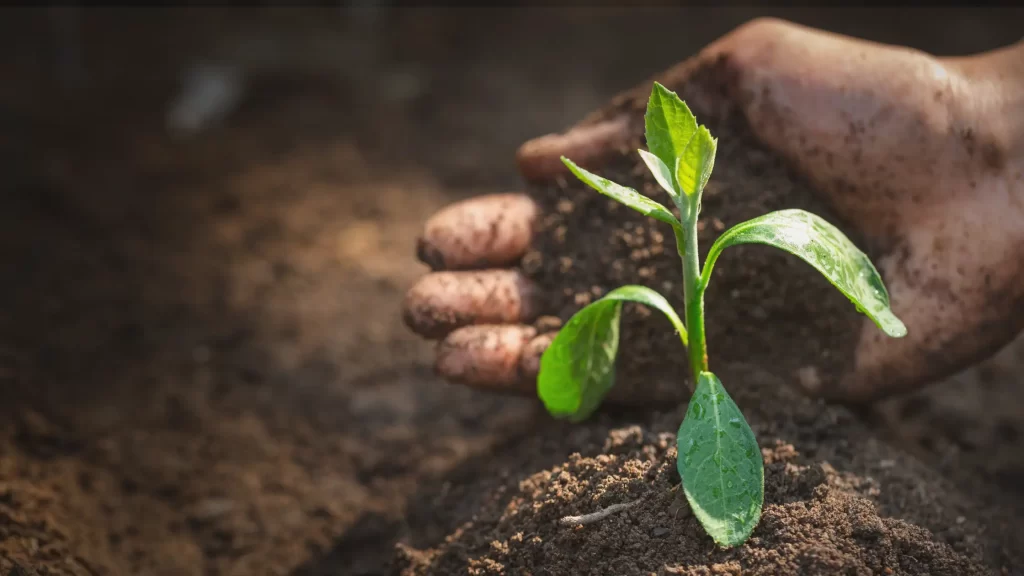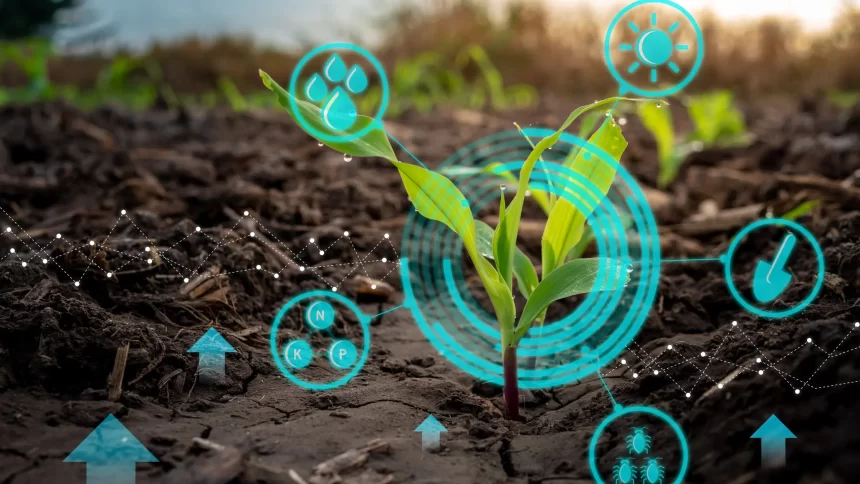Plants usually bring to mind trees and colorful flowers that grab our attention. Yet, hidden beneath this greenery are ancient life forms, like mosses, liverworts, ferns and algae. These organisms have not survived through evolution. Also show promise in addressing the agricultural issues we face globally. New studies have revealed the defenses of mosses suggesting they could bring about significant changes, in protecting crops amidst climate change and new diseases.
Mosses: The Unsung Heroes of Plant Immunity
When we consider plants we often focus on trees and colorful flowers that catch our attention. Yet beneath this greenery there exists a group of ancient plants. Mosses, once seen as basic compared to their flowering counterparts actually possess a range of biological mechanisms. A recent study conducted by the John Innes Centre has uncovered that these non flowering bryophytes, mosses have immune receptors. Dr. Phil Carella, one of the studys co authors highlights how mosses display a level of immunity that challenges the perception of their simplicity.
The Significance of Transferable Immunity
One of the discoveries, from this study is the ability to transfer immunity from mosses to other plant species. The varied immune defenses in these flowering plants can be utilized to enhance resistance genes against pathogens in different plants offering a valuable resource for combating evolving diseases affecting crops due, to climate change.
Leucine-Rich Immune Receptors: Nature’s Defense Mechanism
Plants have developed receptors called leucine rich repeat (NLR) over millions of years to protect themselves from pathogens. While there has been a lot of research, on NLRs in flowering plants the immune receptors in flowering plants such as mosses have not been explored much. A recent study has shown that there are striking similarities in the structure and function of immune receptor domains, across plant species even though there is a lot of variation.
Innovative Experiments: Bridging the Gap Between Plant Lineages
Researchers have effectively moved receptor genes from the liverwort Marchantia polymorpha to the flowering plant Nicotiana benthamiana, a type of dwarf tobacco using transient expression methods. This innovative study illustrated how various immune receptor domains can trigger reactions, in flowering plants highlighting the real world implications of this research.

Implications for Agriculture and Crop Protection
The discoverys impact runs deep. With agricultural systems worldwide grappling with challenges posed by pathogens and climate shifts tapping into mosses immune strength could set the stage, for resilient crop varieties. Here are a few ways this study might shape the future of farming;
Boosted Crop Endurance; By incorporating receptors inspired by mosses into crops farmers could grow plants better equipped to fend off diseases lessening the need for chemical pesticides.
Promotion of Farming Methods; Leveraging moss derived immunity could bolster farming practices fostering biodiversity and ecological well being within agricultural landscapes.
Global Food Security; As food production faces mounting pressure from climate variations enhancing crop immunity will play a role, in safeguarding food supplies for expanding populations.
How to Support Sustainable Agriculture
When looking into the advantages of incorporating mosses into farming methods it’s worth exploring ways to embrace habits in your life. Here are some links, to products that encourage gardening and agriculture;
1. Get Organic Gardening Supplies; Check out Eco Gardening Kits to kickstart your ecoconscious garden.
2. Purchase Native Plant Seeds; Invest in native plant seeds that help sustain ecosystems and biodiversity.
3. Opt, for Soil Health Products; Boost your gardens strength by using soil enhancements to enhance soil quality.
Conclusion: A Green Revolution on the Horizon
Mosses hold a potential that could revolutionize agriculture serving as a player, in addressing future challenges. Scientists are delving into the properties of these age old plants hinting at a green revolution that may reshape how we tackle crop protection and resilience amidst global hurdles.
As plant science progresses mosses might emerge from obscurity to become a component of farming practices promising a brighter tomorrow for our planet and all its living beings. Keep an eye, on this captivating research field as it continues to unfold possibilities!


